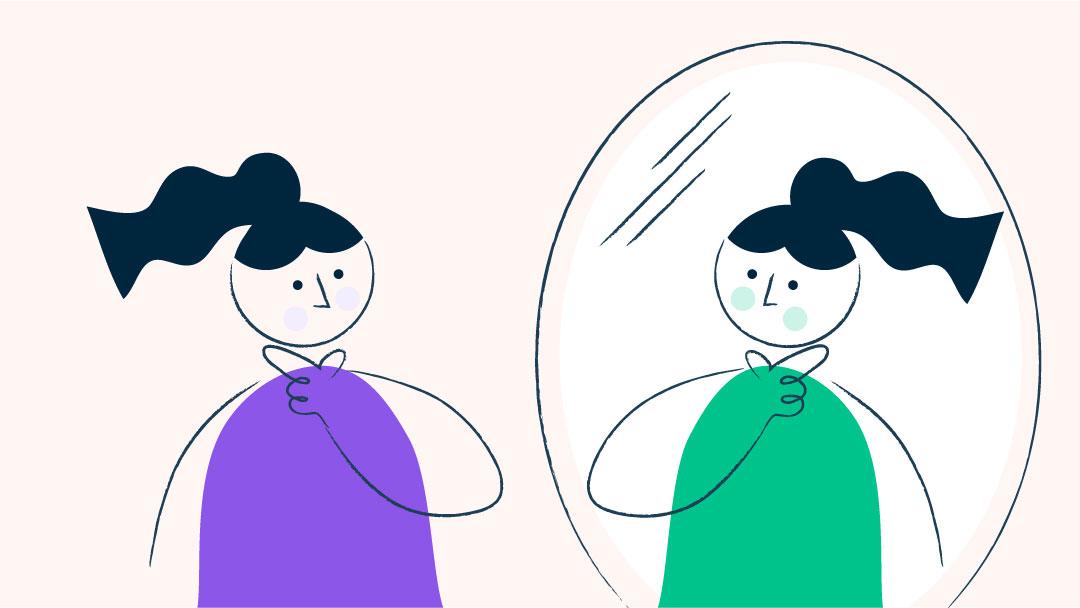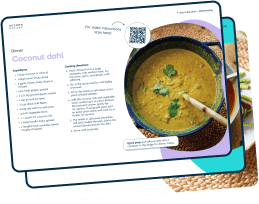2020 was the year that no one expected. Many of the goals we may have set for ourselves at the start of the year became impossible due to travel restrictions, social distancing and national lockdowns.
However, the start of a new year coinciding with the start of the COVID-19 vaccine rollout brings hope, and offers the perfect opportunity to reflect on the last few months.
Overwhelmingly, 2020 was a year of change, forcing us to quickly adapt to new and evolving circumstances. We learnt how to work in different ways, how to connect with friends and family virtually, and to readjust to a new way of living.
With all of these changes, self-reflection can help us to define what has worked well for us and to recognise the areas we’d like to continue to work on. This can help us to achieve our goals by showing us which aspects of our behaviour we should focus on.
Where to start
A great way to reflect is to write down your thoughts in a journal. A good starting point would be to consider:
- What went well for you in 2020?
- What new habits did you build?
- What did you struggle with?
- Is there anything you could do to make the things you’ve struggled with easier?
- What habits would you like to break in 2021?
- What would you like to prioritise in 2021?
Why journal?
The start of a new year is often the time we feel most motivated to make lifestyle changes. However, sometimes it can be hard to know where to start, or to identify which of our habits are not working well for us. Spending some time thinking about what went well and what didn’t might offer us some clues about where to start.
Similarly, looking back on our reflections can help us when we feel less motivated or are struggling to get back on track. It can help to remind us of why it’s important to preserve and continue with our healthy choices.
Importantly, studies show that journalling itself can have a positive impact on our wellbeing, memory and even our immune system. So not only can it help us identify which healthy habits to focus on, it might also directly improve our health.
Regular self-reflection and journaling can help to identify trends or thought patterns between our emotions and behaviours. For example, writing about how we feel after trying a new healthy recipe or doing exercise could help to motivate us in the future when we feel like ordering a takeaway or skipping our exercise class.
Our 2020 reflections
2020 was a year of change for everyone, including us! Back in February, we changed our name from OurPath to Second Nature because we feel it better represents our mission – helping our users to make healthy habits second nature.
We’re also really proud that:
1) 33,631 new members joined.
That’s more than the total population of Warwick.
2) All together, our members lost 91,312kg.
That’s roughly the weight of 7 double decker buses.
3) Second Nature members walked a total of 14,182,251,825 steps.
That’s equivalent to walking around the world 283 times!
Reflecting on feedback from our members is an important part of what we do at Second Nature, and we use this information to constantly improve our app and programme. Using feedback from our members, we were able to:
1) Launch audio recordings of our 12-week programme articles, allowing our members to learn on the go.
2) Make changes to our group chats. By launching in-chat threads, the ability to tag people and a way to filter messages, we helped our members keep track of their conversations and get the help they need.
3) Produce our nutrition frequently asked questions to help members better understand our guidelines and why they’re important, helping members to be more successful on our programme.




